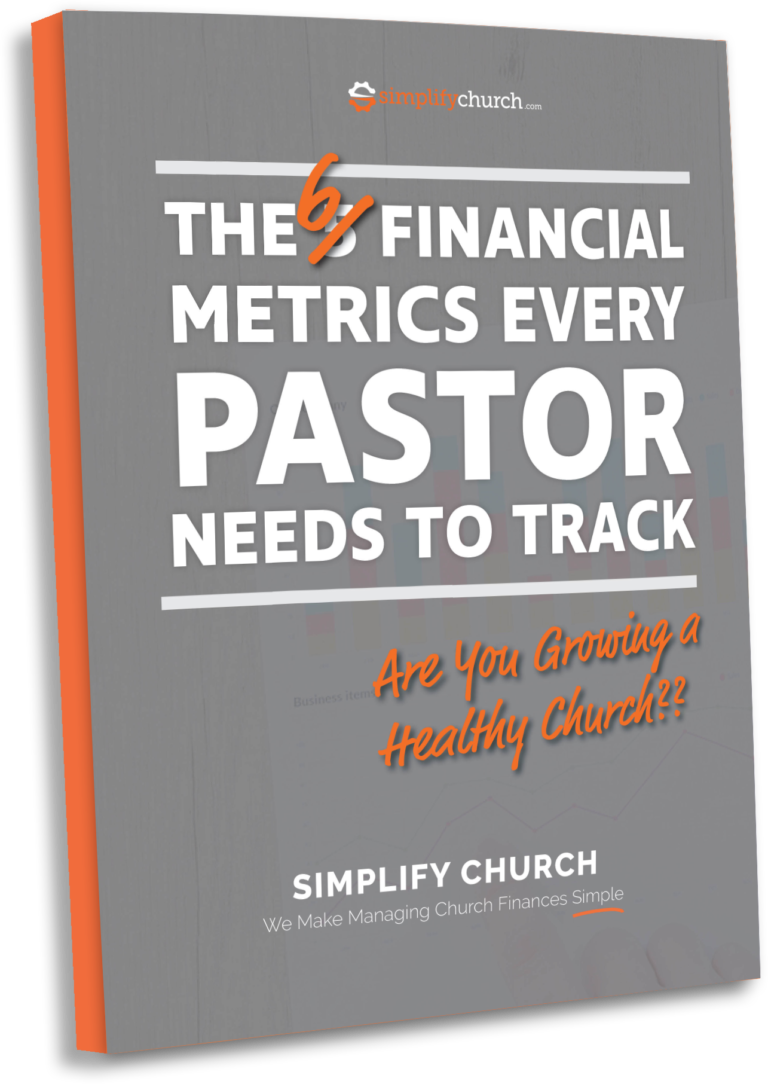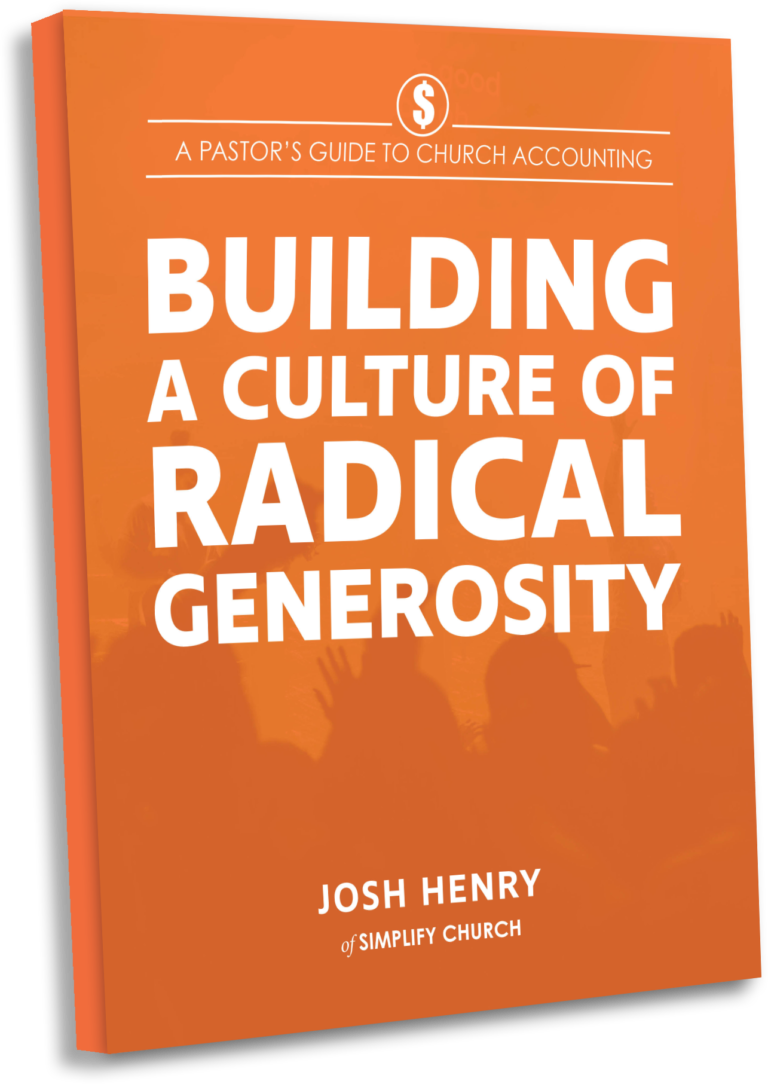It’s that time of year again when it’s time to start planning and finalizing your budget for the upcoming year. (assuming you’re on a Jan-Dec Fiscal year)
Fundamentally, your budget is nothing more than a spending guide. A roadmap, so to speak, on how you will allocate your spending for the upcoming ministry year. For ministries, your budget is one more tool you can use to quantify your ministry effectiveness. This is not a post about numbers, as some get all antsy when people start talking about ministry and numbers, but we must have some areas of ministry we can track. If you can measure it, we can track it.
So where do we start?
I am amazed by how many churches come to us with no budget. I guess the same can be said for many households that don’t adhere to a budget as well. (I’ll admit I’m not the best at tracking household expenses to a budget as well)
A comprehensive budget is crucial for your ministry.
Here are three reasons why your church needs a budget for the next step of growth.
1. A Budget Will Make Ministry Decisions Easier
We’ve all been there in ministry. A new opportunity comes up, someone brings up and idea, or an unexpected expense comes out of no-where. All three have a unique set of responses and decisions that need to be made. As you’re probably well aware, ministry can cost money. In many cases, churches have to do more with less.
Ministries are organic and in turn, always growing … Hopefully.
In that growth, there are always new opportunities and ideas that present themselves. Many times, these opportunities come with a cost.
Here’s what a church budget does:
– It answers questions about the mission and vision of your church.
– It sets clear direction on where the money will be spent and where the priorities of the church reside.
– It provides a filter for making spending decisions that may come up throughout the year.
– It provides a measure and benchmark to track the financial health of the organization
– It sets a standard to reflect and review throughout the year to make future ministry decisions.
2. A Budget will Give Donors Trust In Giving
Let’s face it. Churches are completely dependent on the faithfulness of donors.
Unfortunately, not everyone will be faithful to what God has directed about giving. While that fact opens up great doors for ministry discussions to happen, it still doesn’t put money in the bank. Further, money is one of those areas that people don’t want to talk about, don’t want to discuss and especially in churches, its almost a taboo subject.
We’re not here for a discussion on Biblical Stewardship, but we can talk about positioning your church and ministry to reduce the number of excuses people can have.
We’ll already concede that many people are just flat out being unfaithful with their lack of giving to their church. That being said, we can move on to the secondary objections that people have for church donations.
One of those objections, whether voiced or not, is that the donor doesn’t trust the way money will be managed within the church. Just ask around to people that have been in church life long enough and ask about check approvals in business meetings. #SMH.
Trust is another big issue that we’ve written about in the blog post about church giving There’s Freedom in Trust so read that, I’ll save the room here.
Having a specified budget in place will help donors know how their money will be used. It gives the giver confidence that the money they are giving will be used wisely.
I was mentored early on in ministry by my pastor who made sure to emphasize with me the regard he holds for the resources given to the church. He stressed that I remember that the money we were given was often a sacrifice for the individual who gave. We should treat every dollar in much the same way. We are making light of their sacrifice when we don’t regard every spending decision with that thought.
We should treat every dollar spent remembering that the donor sacrificed to provide that resource to the church.
Having a budget in place, that can be shared with donors, is a security blanket so they can know their money will be used with wise stewardship decisions. When people have trust that their money will be used wisely, they will be more inclined to give above and beyond and be excited about giving.
3. A Budget Provides Direction for your Ministry
Ministry often moves fast.
If you’re like most growing churches, things will look different next month than they do now and most certainly, next quarter they will look different.
In a growing church, there are things that will come up throughout the year that will change what you’re doing in ministry. Being aware and cognizant of those changes is key to leading your church through that growth.
So how does that relate to your budget?
Your budget is a living document that allows you to make decisions throughout the year.
Think of it as the proverbial road map.
As you are navigating through the inevitable changes of a growing church, the budget becomes a guiding document (from a financial standpoint) for your to make decisions and see how the church may be affected financially. Now there are many other things that can play into that, but having a budget is a great way of knowing where you stand at any point in the year against your plan.
At any time in the year, you should be within 30 days of knowing where you stand actual vs. budget. If this is not a report you’re seeing currently, Contact Us and let us show you how you can get that report in an ongoing basis.
Your Church Budget is CRUCIAL to ministry
As you can see, having a budget in place for your church is crucial. In the many pastors we talk to all around the country we find this is often an overlooked area in ministry. If you’re having trouble putting together a budget, or if you want to know that you’re using the best practices to put together your budget, let us know and we’ll provide some resources and help for you.




